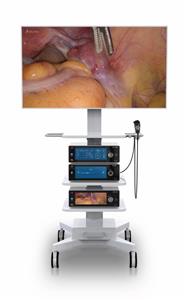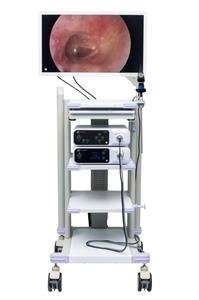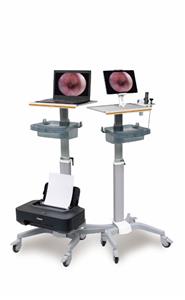US COVID-19 Cases Begin to Rise Again as Holidays Approach
Coronavirus cases are increasing again in more than half of the U.S., possibly indicating the beginning of a new surge for the winter.
The recent uptick marks a turnaround after cases had continually declined from about mid-September through late October. The U.S. is now reporting an average of more than 83,000 cases per day, which is a 14% increase from last week and 12% from the week before.
"I hate to say it, but I suspect we're at the start of a new winter surge," George Rutherford, MD, an epidemiologist at the University of California at San Francisco, told NPR.
"There are still large swaths of the country under-immunized," Rutherford said. "Even among states that are relatively well-vaccinated, like Colorado, New Mexico, Minnesota and Vermont, we're seeing sustained transmission."
The top current outbreaks are growing in the Midwest and Northeast. Michigan and Minnesota lead the country in highest cases per capita, where infections increased more than 60% in a 2-week period, according to The New York Times.
The growth in cases hasn't yet led to a nationwide increase in hospitalizations and deaths, which tends to trail infections by a few weeks, NPR reported. But some parts of the West, Mountain West and upper Midwest are facing crisis hospitalization levels.
"The community needs to know that this has never been more serious," Kelly Chandler of Itasca County Health and Human Services in Minnesota, said in a statement.
"We are at the crisis levels of 2020 but without the same levels of COVID precautions in place," she said. "For your own sakes, dig out your masks and limit your exposure to groups, especially indoors."
Despite the uptick, forecast modelers who have been tracking the pandemic don't think the surge will be as severe as last winter's wave.
"The vast majority of the population has some form of immunity," Nicholas Reich, a biostatistician at UMass Amherst who runs a COVID-19 forecasting model, told NPR.
"That feels really different about this moment," he said. "There are fewer people to infect."
That said, the U.S. is dealing with the contagious Delta variant this year, he noted. People are also ready to gather with others, celebrate the holidays and interact without masks.
Protection against infection — both from vaccinations and prior infections — is also waning.
"You put all of this together, and what you see in Europe where many countries with higher vaccination rates than the United States are seeing a surge, of course it's going to happen," Ali Mokdad, a professor of Health and Metrics Sciences at the University of Washington's Institute of Health Metrics and Evaluation, told NPR.
More people will travel and gather indoors this year, which could increase transmission risks, the news outlet reported. At the same time, kids are now able to get vaccinated, and all adults may soon be able to get a booster shot.
"So we're in a stalemate," Ashish Jha, MD, dean of Brown University's School of Public Health, told NPR.
"I don't expect us to have a horrible surge," he said. "But I can certainly imagine parts of the country that see modest-sized surges as people get together and as the weather stays cold."
Sources
NPR: "U.S. COVID cases start to rise again as the holidays approach."
The New York Times: "U.S. Covid Cases are Increasing Again."
Itasca County Health and Human Services: "Local Emergency Care at Critical Level Due to COVID, Nov. 12, 2021."




